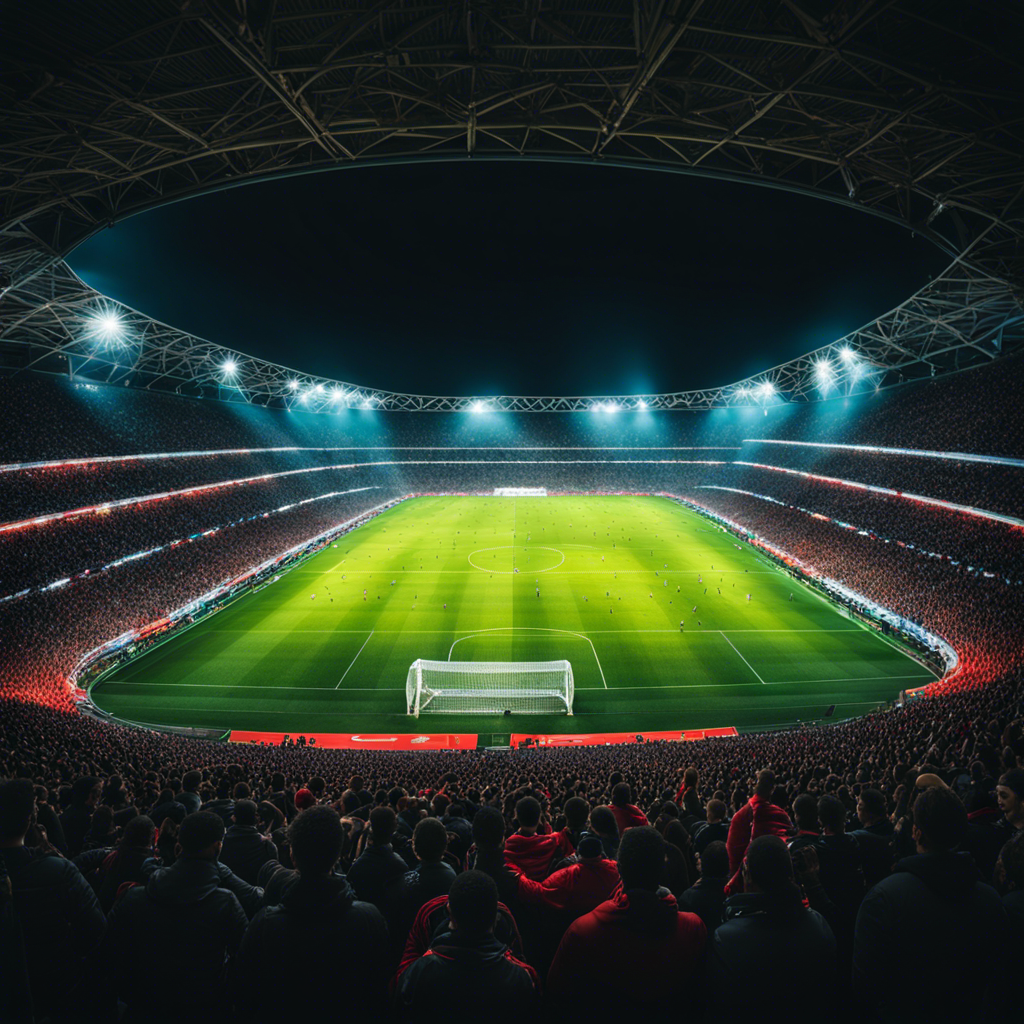In a gripping title run involving Liverpool, Arsenal, and Manchester City, Liverpool may rue the missed opportunities in home fixtures against their key adversaries. Both Manchester United and Arsenal managed to snatch a point from encounters at Anfield, a recurrence in their recent clash with City even amidst all the drama.
In spite of this, there is an air of accomplishment in Jürgen Klopp’s demeanour. The fact that his team is on par with City and Arsenal is extraordinary, given their lacklustre performance just twelve months back. Liverpool appeared adrift, floundering right up until the close of a tumultuous summer transfer season. Yet, everything shifted after Darwin Nuñez scored two decisive goals against Newcastle. Klopp’s final season has underscored the considerable challenge his successor will face.
Preparations are already underway for the era following Klopp. Michael Edwards, former sporting director, is reportedly in talks to return to oversee football operations, alongside Bournemouth’s technical director Richard Hughes as part of a revamped recruitment team. Edwards had a hand in bringing on board the players who formed Klopp’s first formidable team. However, Edwards was also present during the pre-Klopp era when Liverpool’s transfer committee was viewed as a farce in the football world. Edwards might have signed Roberto Firmino, but without a manager who recognised his strengths and employed him appropriately, his talent might have remained undetected. Klopp was instrumental in nurturing these players.
His touch was evident yet again on Sunday. With ten players sidelined due to injury, and Mohamed Salah, their lethal player for many seasons against City, fully fit only for a spot on the bench, Liverpool could field only one of their regular back-five. Despite City missing only Jack Grealish, Liverpool’s substitutes rose to the challenge. City initally dominated the game, breaking through Liverpool’s defence with rapid, accurate attacks within the first ten minutes. However, as Liverpool found their footing, City claimed the lead through a thoughtfully executed corner.
Upon scoring, John Stones proceeded to leap on the advertisement panels to bask in the spectators’ approval. Certain City team members were irked by Trent Alexander-Arnold’s prior interview remarks, stating that their fan base and they themselves would cherish their wins more due to both clubs’ financial states. Their enjoyment of this goal was palpable.
Perhaps City kicked off too high. They would soon pay for a common hiccup. Notably, Ederson is inclined to use his footwork where several goalkeepers would rely on their hands. Last week, Erik Ten Hag voiced his discontent over Ederson’s “reckless” tackle against Alejandro Garnacho. His recklessness was sanctioned this time around. As Nathan Ake cornered him with a brief back-pass, he lunged at Nuñez, resulting in him being catapulted into the air. Alexis MacAllister, a superior penalty striker than Salah, managed to level the score.
Despite the thrilling individual moments witnessed in the match – such as Erling Haaland’s charge at Virgil van Dijk and Luis Diaz’s 70-yard tussle with Rodri and Kyle Walker – it lacked the game-defining moment to shift the tides. This, among a few monumental decisions, resulted in a stalemate.
Leading up to the game’s final stretch, Pep Guardiola chose to substitute his most inventive player, Kevin De Bruyne. This move incensed the Belgian who holds the record for the most goals scored in the Premier League in 2024. He wound up bickering with Guardiola on the touchline, which amusingly delighted the home supporters. This was an immature rant from a veteran player.
Guardiola’s actions over the next half hour justified his earlier decision. He later rationalised stating, “we required a player who could possess and retain the ball” – Mateo Kovacic filled the role perfectly, successfully executing 27 of his 29 passes, a stark contrast against De Bruyne, who lost possession after roughly a third of his passes. De Bruyne tends to part with the ball more frequently than other City midfielders, as he consistently attempts the game-changing pass. However, when the objective is to play safe and wind down the clock, unambitious passes become more impactful. Kovacic’s entrance brought stability to City when they appeared staggered.
Michael Oliver’s choice not to issue a penalty during the last minute of play, when MacAllister was struck in the chest by Jérémy Doku’s kick, stands out as one of the season’s most egregious refereeing blunders. Many are anticipating the ensuing spectacle of Howard Webb, current head of PGMOL, needing to discuss this significant chest-kicking incident on live television with Michael Owen. Fans recall a similar oversight from Webb’s own refereeing past when he failed to register Nigel de Jong’s kick to Xabi Alonso’s chest in the World Cup final of 2010. While Webb had the excuse of not having access to VAR at the time, Oliver opted not to take advantage of a second look at Doku’s action, declaring it unnecessary.
Despite this, Oliver, who has previously refereed a match in the UAE Pro League, has shown no aversion to making pivotal decisions based on video evidence. He was on VAR duty during a clash between Manchester City and Old Trafford earlier this season, during which he directed referee Paul Tierney to award a penalty to City after observing Rasmus Højlund holding onto Rodri during a City set-play—a decision that surprised many as such contact has become commonplace during set pieces in the ongoing season.
Adding to Oliver’s contentious track record, he was at the helm during an October match between Manchester City and Arsenal, where he only issued a single booking to Kovacic despite two notable fouls on Martin Ødegaard and Declan Rice in a short span of time. This sparked an outcry at the Emirates, and Webb subsequently conceded that Kovacic ought to have been shown the red card. According to Webb, Oliver refrained from “overreacting” in order not to disrupt the game. However, such passivity can also significantly impact the game.

